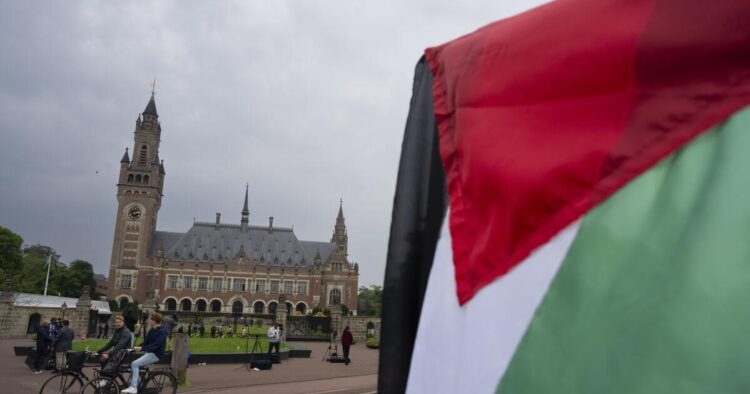In a recent development, the United Nations’ top court has urged Israel to pause its military activities in the southern Gaza city of Rafah. However, compliance with this request appears unlikely, according to officials. The move comes amidst escalating tensions in the region and growing international scrutiny.
The International Court of Justice’s ruling, while calling for a cessation of military activities, refrains from ordering a full cease-fire, indicating the complexity of the situation. The court’s decision underscores the need for a peaceful resolution to the conflict, balancing the concerns of all parties involved.
Criticism surrounding Israel’s actions in the Gaza conflict has been mounting, with calls for accountability and diplomatic resolutions gaining momentum. However, Israel maintains its stance of prioritizing the safety and security of its citizens while combating threats posed by militant groups.
ALSO READ: “UN Court Tells Israel to Prevent Genocide in Gaza, Stops Short of Ceasefire Demand”
Prime Minister Benjamin Netanyahu faces domestic pressure to end the conflict, which was sparked by attacks from Hamas militants resulting in civilian casualties and hostage situations. The government’s response aims to safeguard Israeli lives while striving for a sustainable peace agreement in the region.
In response to the court’s ruling, Israel announces plans for a ministerial meeting to deliberate on the appropriate course of action. The decision-making process underscores Israel’s commitment to upholding international norms while addressing its security concerns.
While the court’s ruling highlights concerns about civilian safety and humanitarian conditions in Rafah, Israel reiterates its efforts to minimize harm to non-combatants and facilitate humanitarian aid access. The country’s actions aim to alleviate suffering while maintaining its security imperatives.
The conflict in Gaza underscores the complexities of the region’s geopolitical landscape and the challenges of achieving lasting peace. International cooperation and dialogue remain essential in addressing the root causes of the conflict and fostering stability in the region.

















Comments